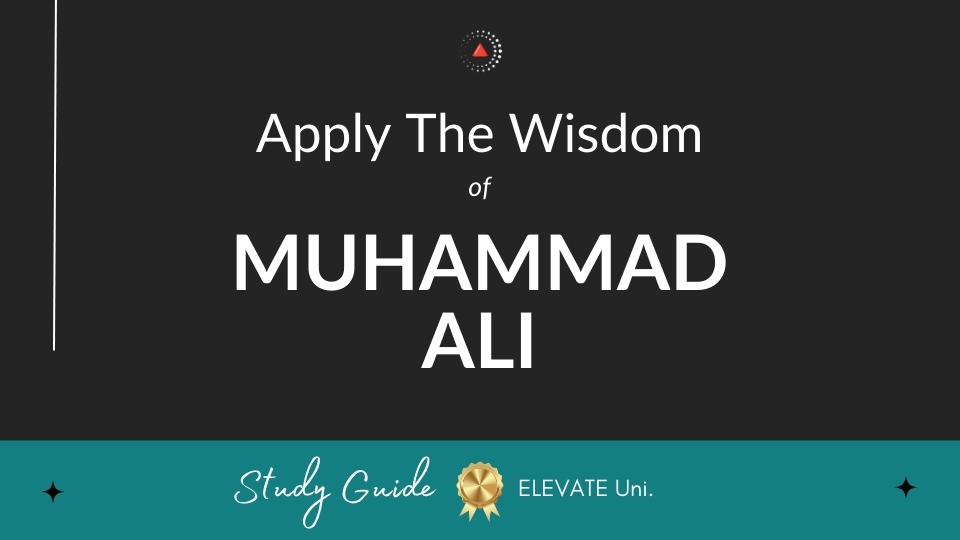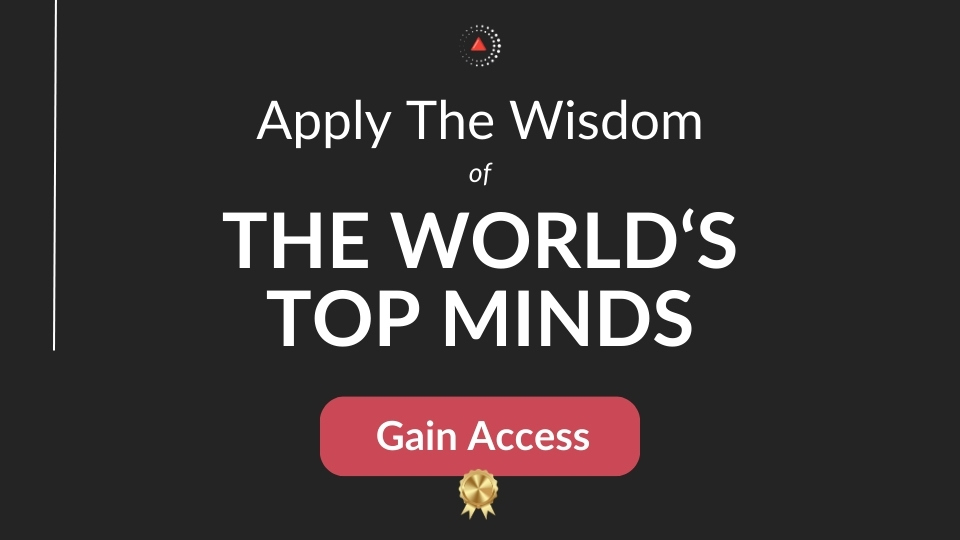Silence is golden when you can’t think of a good answer.
What's the meaning of this quote?
Quote Meaning: This quote emphasizes the value of silence as a response when one is unable to provide a thoughtful or suitable answer. It suggests that in situations where we don't have a fitting response or are unsure of what to say, it is often better to remain silent rather than offering a hasty or inadequate reply.
By recognizing the limitations of our knowledge or understanding, the quote encourages humility and the willingness to pause and reflect before speaking. It acknowledges that silence can be a powerful tool for avoiding misunderstandings, preventing unnecessary conflicts, and allowing space for deeper contemplation.
In a world filled with noise and constant communication, this quote reminds us of the importance of thoughtful speech and the power of silence. It encourages us to embrace moments of quietude, enabling us to gather our thoughts, gain clarity, and respond in a more meaningful and considered manner.
Choosing silence over a poorly thought-out response demonstrates respect for the conversation, the individuals involved, and the importance of genuine communication. It allows for a more deliberate and thoughtful engagement, promoting effective communication and fostering understanding.
Who said the quote?
The quote "Silence is golden when you can't think of a good answer." was said by Muhammad Ali (Bio / Quotes). Muhammad Ali was a legendary boxer, activist, and cultural icon who transcended his sport and became one of the most recognizable figures in the world.
Applying the quote to your life
Unlock Ali's wisdom and apply it to your life by getting the in-depth Muhammad Ali Workbook & Study Guide, complete with Ali's top quotes, insightful commentary, reflective questions, and practical uses for everyday life. 👇
To apply more wisdom, get the All-Access Pass, which includes hundreds of study guides from the world's top minds. These include deep insights from inspiring individuals such, as well as some of the top authors and personal development books.
Is there a historical example that illustrates the message of the quote?
The 1960 U.S. Presidential debates between John F. Kennedy and Richard Nixon offer a suitable illustration of this quote.
These were the first televised Presidential debates in U.S. history, and they were pivotal in determining the outcome of the election. During the debates, Kennedy often displayed his quick wit and eloquence, giving articulate and persuasive answers. Nixon, on the other hand, while a skilled orator himself, sometimes struggled to deliver clear and effective responses.
In the second debate, Nixon was asked a question about his experience as Vice President under President Dwight D. Eisenhower. Rather than giving a concise and convincing answer, Nixon fumbled through a response, ending up looking uncertain and indecisive.
Many believe that a measured silence, rather than a floundering attempt to answer, might have served Nixon better in this instance. His inability to provide a strong response allowed Kennedy to seize the opportunity and respond with his own take on the Eisenhower administration's achievements, which helped strengthen his position.
While the quote isn't suggesting that silence is always the best response, it does highlight that, in certain situations, particularly when one is unable to provide a convincing answer, it may be more strategic to remain silent. In Nixon's case, silence might have been more 'golden' than a weak answer.
How can the quote be applied in a real-life scenario?
The quote "Silence is golden when you can't think of a good answer" suggests that in certain situations, it is wiser to remain silent rather than responding with a hasty or ill-considered answer. In real-life scenarios, this quote can be applied in various ways to promote thoughtful communication and avoid potential pitfalls:
Difficult Conversations: In conversations that involve sensitive or emotionally charged topics, taking a moment of silence can be beneficial. It allows individuals to process the information, gather their thoughts, and respond with greater clarity and empathy rather than reacting impulsively.
Conflicts and Arguments: When faced with conflicts or arguments, staying silent rather than engaging in heated exchanges can prevent escalating the situation. By allowing a pause, individuals can defuse tensions and find a more constructive way to address the issue.
Decision-Making: In situations where immediate answers or decisions are required, taking a moment of silence can help avoid impulsive choices. Reflecting on the options and consequences before responding can lead to more thoughtful and well-considered decisions.
Job Interviews: During job interviews, silence can be an opportunity to gather one's thoughts and provide thoughtful responses to interview questions. Rushing to answer without careful consideration may lead to less effective or authentic responses.
Public Speaking: In public speaking or presentations, a brief moment of silence can help speakers gather their composure and focus their thoughts, leading to more organized and impactful speeches.
Receiving Feedback: When receiving feedback, especially constructive criticism, taking a moment of silence can help individuals process the input without becoming defensive. This allows for a more open and constructive conversation.

Negotiations: In negotiations or business discussions, silence can be a powerful tool. Allowing the other party to speak first or taking a pause during negotiations can provide individuals with valuable information and insights that can be used strategically.
Learning Opportunities: Silence can also be valuable in learning situations. Pausing to listen actively to others' perspectives and insights can foster better understanding and create a more conducive learning environment.
In summary, the quote "Silence is golden when you can't think of a good answer" highlights the importance of thoughtful communication and the benefits of taking a moment of silence in various real-life scenarios. By using silence wisely, individuals can avoid hasty responses, enhance their understanding, and make more considered and effective decisions in their interactions with others.
Chief Editor
 Tal Gur is an author, founder, and impact-driven entrepreneur at heart. After trading his daily grind for a life of his own daring design, he spent a decade pursuing 100 major life goals around the globe. His journey and most recent book, The Art of Fully Living, has led him to found Elevate Society.
Tal Gur is an author, founder, and impact-driven entrepreneur at heart. After trading his daily grind for a life of his own daring design, he spent a decade pursuing 100 major life goals around the globe. His journey and most recent book, The Art of Fully Living, has led him to found Elevate Society.



























